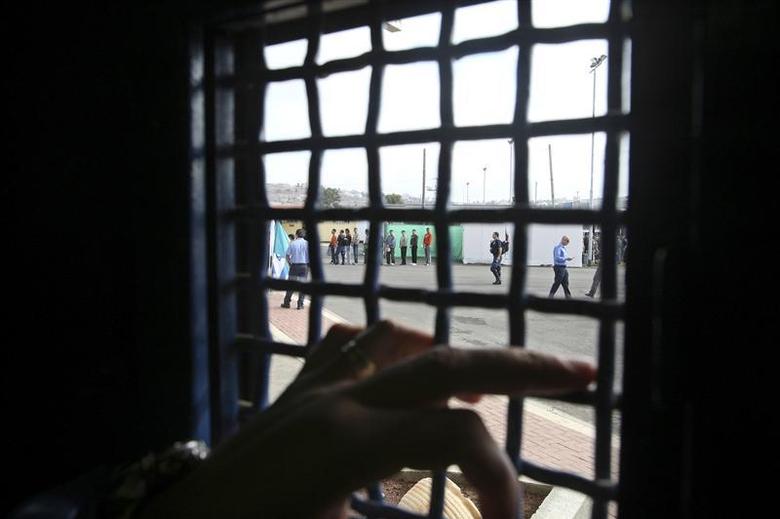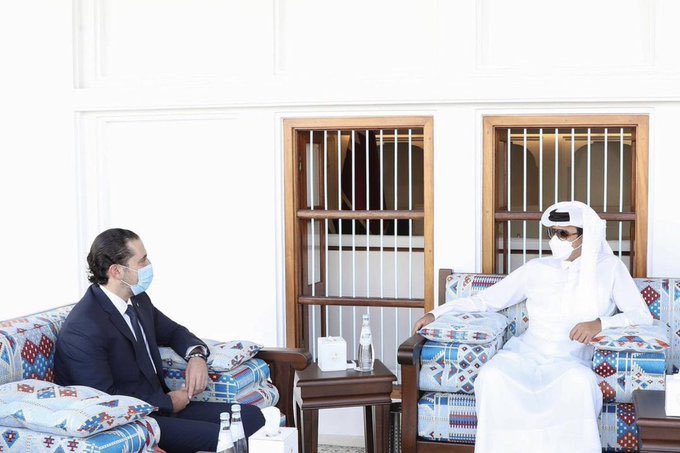Israel returns 2 shepherds to Syria amid reports of swap
JERUSALEM: The Israeli army on Thursday said it has returned two shepherds who crossed into Israeli territory back to Syria, a development that an Israeli official said was part of a prisoner swap that Syria had reported the previous day.
Syria’s official news agency SANA said Wednesday that with the help of Russian mediation, Syria has negotiated the release of two Syrians held by Israel in exchange for an Israeli woman who had entered Syria by mistake. It made no mentions of the two shepherds in that report.
Israeli media reported that a business jet took off from Tel Aviv for Moscow on Thursday night amid expectations that an Israeli woman held by the Syrian regime would soon be transferred to Israel, by way of Russia.
The reports said an Israeli government coordinator was on the plane and would bring the young woman back with him as part of the swap. She has not been identified by name, and Israeli media only reported that she is a 25-year-old originally from the ultra-Orthodox settlement of Modiin Ilit.
The two Syrians were identified as Nihal Al-Makt, who had been under house arrest in her village in the Israeli-annexed Golan Heights, and Ziyab Qahmouz, detained in 2016 and serving 14 years in Israeli jails.
Al-Makt, SANA said, was serving a three-year suspended sentence in addition to reporting daily for a year to Israeli authorities. She said those restrictions were lifted on Wednesday and speaking to Syrian Al-Ikhbariya TV through Skype, she said she was now free.
Qahmouz reportedly refused to leave Israeli custody as he wanted to go back to his village in the Golan and not be deported to Syria. According to the Israeli side, Al-Makt also refused to be deported to Syria. The report did not say what charges the two Syrians had faced.
Israel captured the Golan in the 1967 Mideast war and annexed the territory in 1981, a move that is not widely recognized internationally.
The Israeli army said the two shepherds, whom it did not identify, had been apprehended in the Golan Heights in recent weeks after crossing in from Syria and that their release was ordered by the government.
An Israeli official, speaking on condition of anonymity because he was not authorized to discuss the matter with the media, said the release of the shepherds was part of the deal with Syria.
Prime Minister Benjamin Netanyahu’s office declined comment.
Syria’s SANA later said that two more Syrians — likely the two shepherds — returned home to their villages in Quneitra province in Syria on Thursday, in continuation of the mediated swap that began a day earlier. They were identified as Mohamad Hussein and Tareq Al-Obeidan.

Biden makes first call to Israel’s Netanyahu after delayAfter delay, Israel allows vaccines into Hamas-run Gaza


